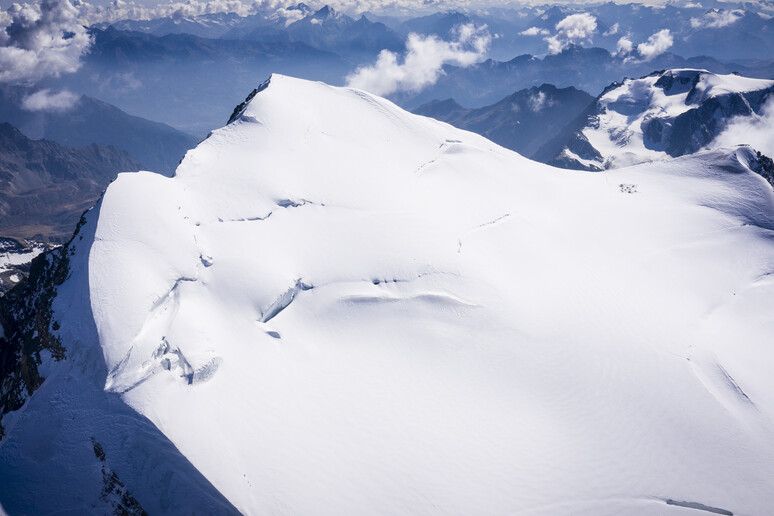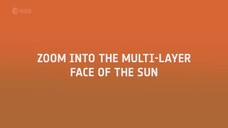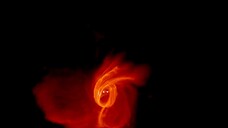The melting of glaciers due to global warming is erasing the archives of climate history that they hold, as shown by an ice carrot extracted in 2020 from the Corbassière glacier in the Grand Combin mountain massif in the Swiss Alps.
The melting process has made this area useless as a climate archive, with all the data wiped out, as confirmed by a study published in Nature Geoscience and conducted by a group led by Switzerland's Paul Scherrer Institut, with contributions from Venice's Ca’ Foscari University and the Institute for Polar Sciences of the Italian National Research Council.
The results have led to fears that it is already too late for other Alpine glaciers and a race against time has started to extract the last useful data from those that are still intact.
Glaciers are of priceless value for climate research: their layers conserve information about the climate conditions and atmospheric compositions of past ages, a little like tree rings and the sediments of ocean seabeds.
But, from this point of view, the Corbassière glacier can no longer give us any useful information. The researchers, coordinated by Margit Schwikowski, compared a glacier carrot extracted in 2018 and one extracted in 2020 and the difference was enormous: due to the melting, a large quantity of water penetrated deep into the ice and did not re-freeze, taking away the substances contained inside and destroying the climate archive.
Riproduzione riservata © Copyright ANSA













